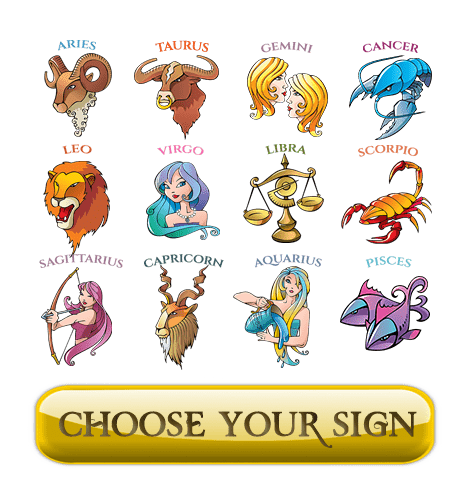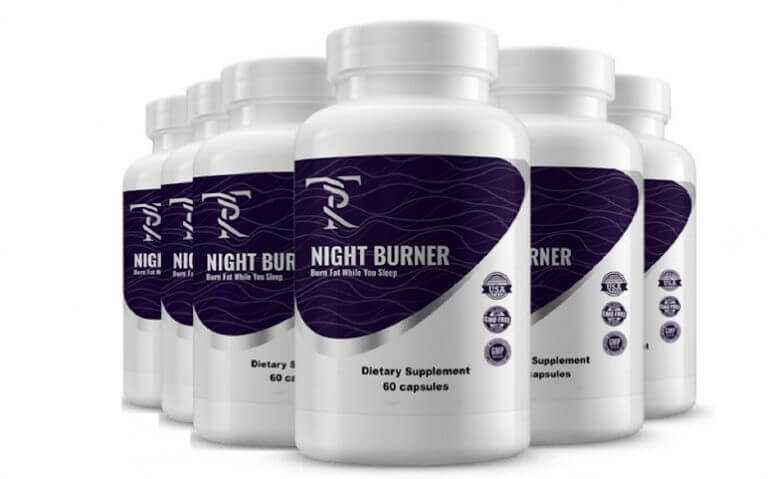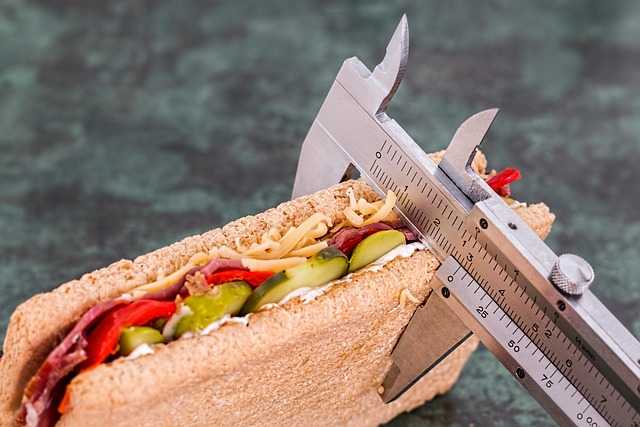Nutrition diet
Nutrition diet! How to eat right? Nutritional diet, why it is important. A healthy nutrition diet should include a balance of carbohydrates, proteins, healthy fats, vitamins, minerals, and water. A good nutrition diet will include a variety of fruits and vegetables, lean proteins such as fish and chicken, whole grains, and healthy fats like olive…
Nutrition diet! How to eat right?
Nutritional diet, why it is important. A healthy nutrition diet should include a balance of carbohydrates, proteins, healthy fats, vitamins, minerals, and water.
A good nutrition diet will include a variety of fruits and vegetables, lean proteins such as fish and chicken, whole grains, and healthy fats like olive oil and avocado. It’s also important to limit your intake of added sugars, saturated fats, and processed foods.
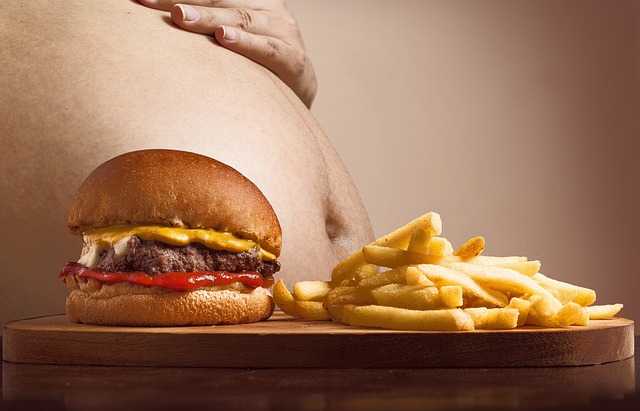
There are several different types of nutrition diets, including:
- The Mediterranean diet, which is high in fruits, vegetables, whole grains, fish and healthy fats like olive oil.
- Fruits, vegetables, whole grains, and low-fat dairy are abundant on the DASH diet, which is intended to decrease blood pressure.
- The plant-based vegetarian or vegan diet, which is rich in whole grains, legumes, and a variety of fruits and vegetables.
- The ketogenic diet, which is high in fat, moderate in protein, and low in carbohydrates.
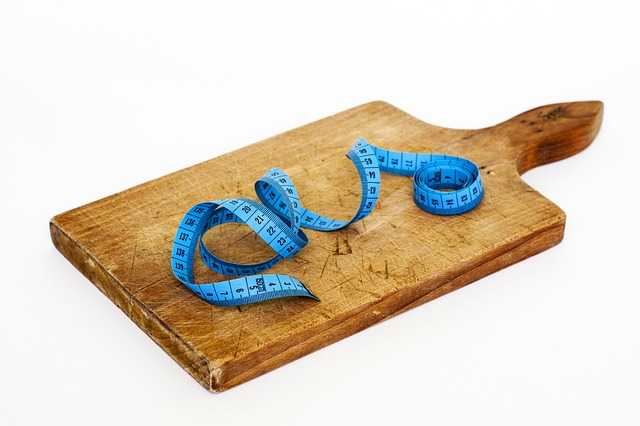
Another important aspect to finding the right diet for your body is to focus on whole, nutrient-dense foods. These include fruits, vegetables, whole grains, lean proteins, and healthy fats.
As much as you can, stay away from added sweets and processed meals. Additionally, making sure you have enough water throughout the day will help you keep hydrated.
As different people have varying nutritional needs, it’s critical to understand that a nutrition diet is not a “one size fits all” strategy.

How to eat right
Eating right is an important part of maintaining a healthy lifestyle. Here are a few tips on how to eat right:
- Plan your meals: Plan your meals in advance and make a grocery list so you can buy the ingredients you need. This will help you avoid last-minute trips to the drive-thru or fast-food restaurant.
- Include a variety of foods: Make sure your meals include a balance of carbohydrates, proteins, healthy fats, vitamins, minerals, and water. Eating a variety of fruits, vegetables, whole grains, lean proteins, and healthy fats is essential for good nutrition.
- Watch your portion sizes: It’s easy to eat too much, especially when eating out or when there’s a lot of food available. Using smaller plates and measuring your food can help you control your portion sizes.
- Avoid processed foods and added sugars: Processed foods are often high in sodium, added sugars, and unhealthy fats, and they lack the nutrients of whole foods. Try to limit your intake of these types of foods.
- Be mindful of your eating: Take the time to sit down and enjoy your meals, and avoid distractions like TV or your phone while you eat. Pay attention to your body’s hunger and fullness cues, and stop eating when you’re satisfied.
- Listen to your body: Pay attention to how you feel after eating different foods, and make adjustments accordingly. Some people may feel better on a diet that is high in protein, while others may do better on a diet that is high in carbohydrates.
- Consult with a registered dietitian or nutritionist: A professional can help you create a personalized meal plan based on your unique needs and goals.
Remember that making small, sustainable changes to your diet over time is the key to long-term success.

